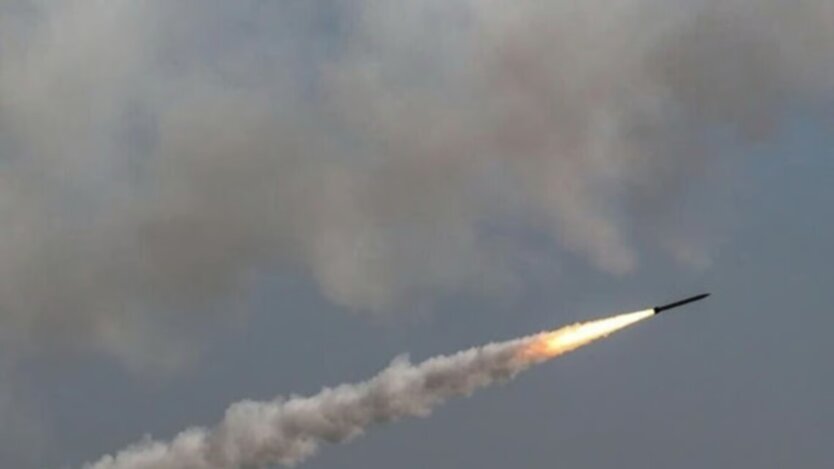In Washington, risks of involving AI in the field of nuclear weapons were assessed.


At the Center for Strategic and International Studies (CSIS) in Washington, a discussion was held on the use of artificial intelligence (AI) in nuclear management and control. American scientists are exploring this issue. Proponents of using AI see it as an opportunity to accelerate the decision-making process and complement early warning and intelligence systems. However, there are critics who point to the technical shortcomings of AI and potential unintended consequences. Some experts argue that integrating AI into the nuclear forces management system may increase the risk of accidental escalation and vulnerability to cyberattacks. They also note that AI cannot account for the emotional aspect of using nuclear weapons and may respond inadequately to new conditions. Furthermore, in many cases, there is not enough data for proper training of AI and determining its reactions to real threats. Speaking generally, the speakers expressed that before using AI in the nuclear forces management system, it is necessary to carefully analyze the risks and potential consequences of this step.
Read also
- The point of no return has been passed: the IDF made an urgent statement
- More than 1950 missiles and thousands of Shahed-136: GUR revealed data on the RF arsenal
- Russia launched a massive strike on Kremenchuk: attacked with 'Kinzhal', 'Shahed' and more
- Commander of the tactical group 'Vuhledar' Serhiy Naiev has left his post
- A new 'filling' found in Russian Shaheds: who became the main assistant of the Kremlin
- The 'Shahed' Swarms Are Now a Reality: Russia Has Significantly Increased the Production and Frequency of Drone Strikes, - WSJ










